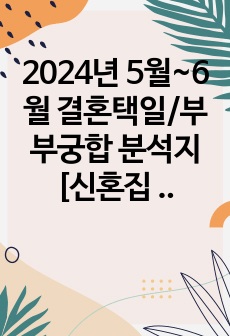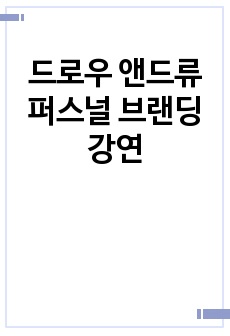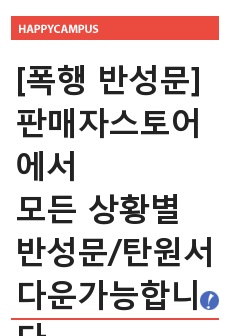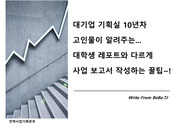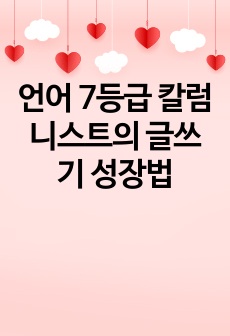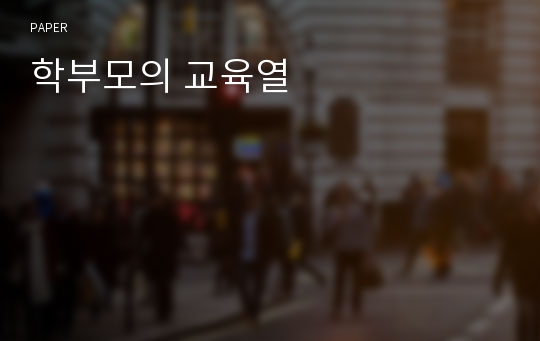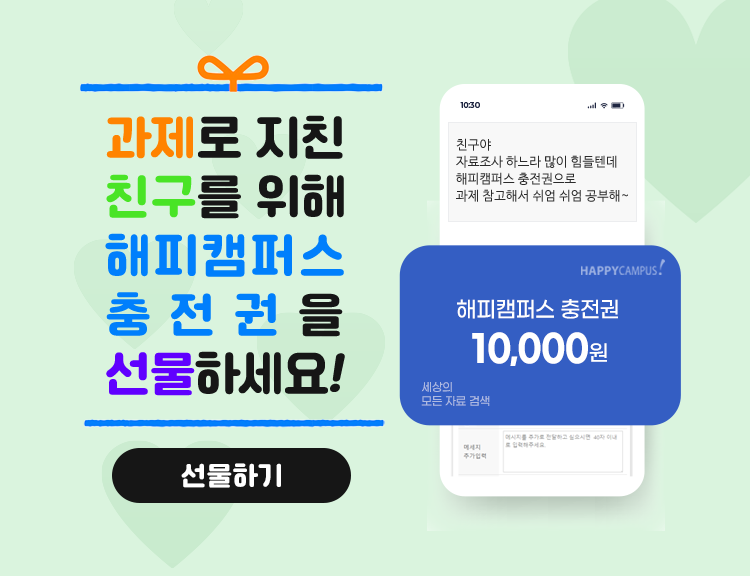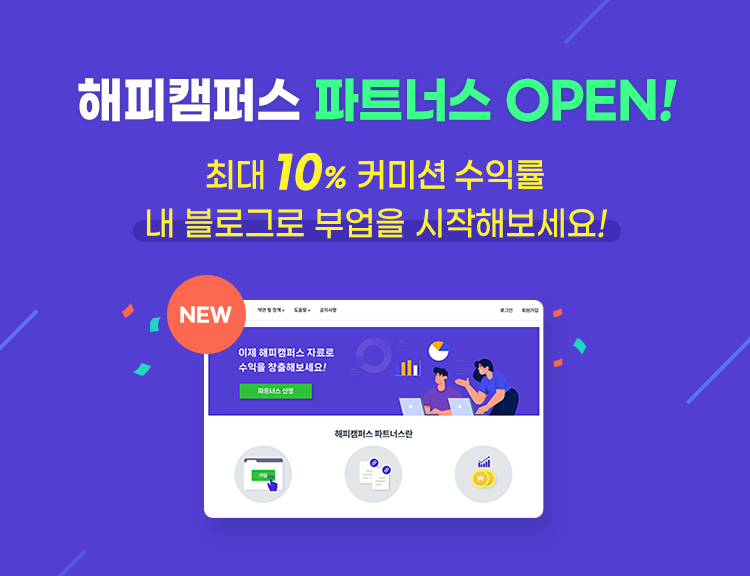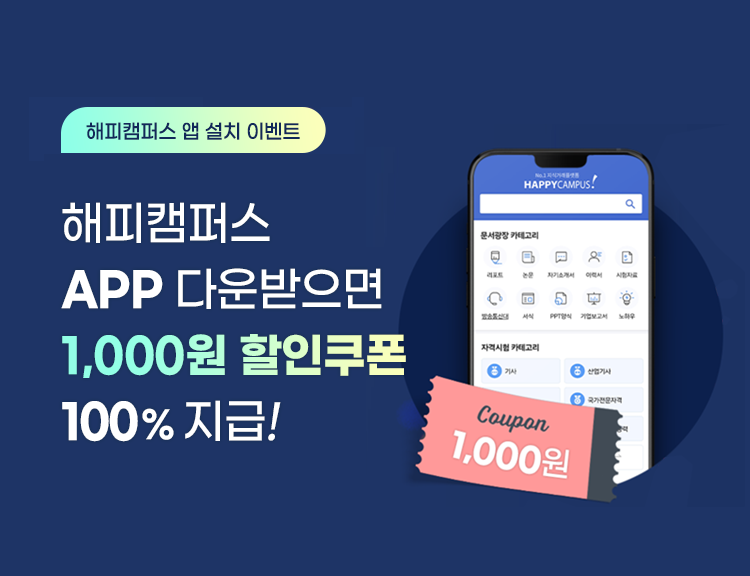* 본 문서는 배포용으로 복사 및 편집이 불가합니다.
서지정보
ㆍ발행기관 : 한국교육학회
ㆍ수록지정보 : 교육학연구 / 30권 / 4호
ㆍ저자명 : 김영화
ㆍ저자명 : 김영화
목차
1. 머리말2. 연구의 방법
3. 자녀 교육에 대한 기대
4. 전인교육과 입시 준비교육을 위한 학부모의 지원
5. 논의
ABSTRACT
영어 초록
This study attempts to explore the nautre of the Korean parents' demand for their children's education, and common features and differences in the nature between social classes. The data analyzed are collected by interviewing the 96 couples of students and their parents on the one hand, and by conducting the questionaire survey of the 4,000 couples of students and their parents on the other hand. Among the surveyed students and parents, 1,390 couples are finally used in this analysis. Crosstabulation and logistic regression analysis statistical methods are employed.Most of parents in Korea, regardless of their social classes, desire of their children to have higher education. However, when we carefully look at the types and the level of higher education expected by parents, we find differences between social classes. The higher the parents' educational level is, the stronger the tendency to expect their children to go to 4-year colleges and universities(in comparison to 2-year junior colleges) and graduate schools(in comparison to colleges and universities). Middle class parents are more likely to expect their children to go to 4-year colleges and universities(in comparison to junior colleges) and graduate schools(in comparison to colleges and universities), than are working class and urban marginal class parents. The percentage of parents expecting their children to go to graduate schools is 60.4% among the families in which mother has 4-year college or more education, whereas it is only 11.8% among those families in which mother has primary or less education. On the contrary, the percentage of parents whose expectation level is the graduation of junior colleges is 4% for the former families, whereas it is 21.4% for the latter families. We can see the social class differencies even when we control for the children's school achievement. These results show us that social class differences in the parental expectation for their children's education are still existed in Korea in the feature different from that used be. Further, the results suggest that upper middle class parents with higher education induce “educational inflation” in the next generation.
The results of this study also present that parents and their children are not necessarily agreeded among themselves on the educational level children will reach in the end. Parents tend to have the higher expectation level than their children to have. The disagreement appears more strongly among families with highly educated parents or middle class families, which means that middle class children more suffer from the parental pressure for improving their academic achievement than do working class or urban marginal class children.
The findings also show that Korean parents' supports for their children's education are mainly geared to the better academic achievement, in preparation for the college entrance examination. Among private extracurricular lessons primary school children take, those lessons helping school academic work have a majority. It is a matter of course that the private lessons of middle school children are more concentrated on those helping school academic work. The supports for developing their children into well-rounded persons are minor even in the primary school level. When we make a comparison of the pattern of children's private lessons between social classes, little significant differnces are found between social classes for the primary school children, except that middle class children tend to take a little more private lessons promoting the development of well-round personalities than do working class or urban marginal class children. However, as for middle school children, the former tend to take far more private lessons helping school academic work than do the latter. The results show that opportunities for developing all-round personalities are scarce even in the primary school level regardless of social classes.
참고 자료
없음태그
"교육학연구"의 다른 논문
 전래동화에 나타난 ‘삶’의 교육적 의미11페이지
전래동화에 나타난 ‘삶’의 교육적 의미11페이지 Freire의 교육개혁 방법에 대한 평가14페이지
Freire의 교육개혁 방법에 대한 평가14페이지 社會敎育에 있어서의 自己主導學習理論과 韓國敎育改善에의 示唆15페이지
社會敎育에 있어서의 自己主導學習理論과 韓國敎育改善에의 示唆15페이지 IQ와 ADHD에 관련된 학습장애의 정의문제9페이지
IQ와 ADHD에 관련된 학습장애의 정의문제9페이지 유아의 글자 환경과 읽기에 관한 연구15페이지
유아의 글자 환경과 읽기에 관한 연구15페이지 특수교육의 범주적 對 비범주적 접근 間 비교분석17페이지
특수교육의 범주적 對 비범주적 접근 間 비교분석17페이지 敎授效果 評價를 위한 準據體制 探索 硏究16페이지
敎授效果 評價를 위한 準據體制 探索 硏究16페이지 敎育의 質的 高度化를 위한 思考力 增進 方案 硏究20페이지
敎育의 質的 高度化를 위한 思考力 增進 方案 硏究20페이지 미군정기간중 미국의 한국에 대한 교육정책17페이지
미군정기간중 미국의 한국에 대한 교육정책17페이지 朝鮮前期 成均館의 館生敎授19페이지
朝鮮前期 成均館의 館生敎授19페이지










